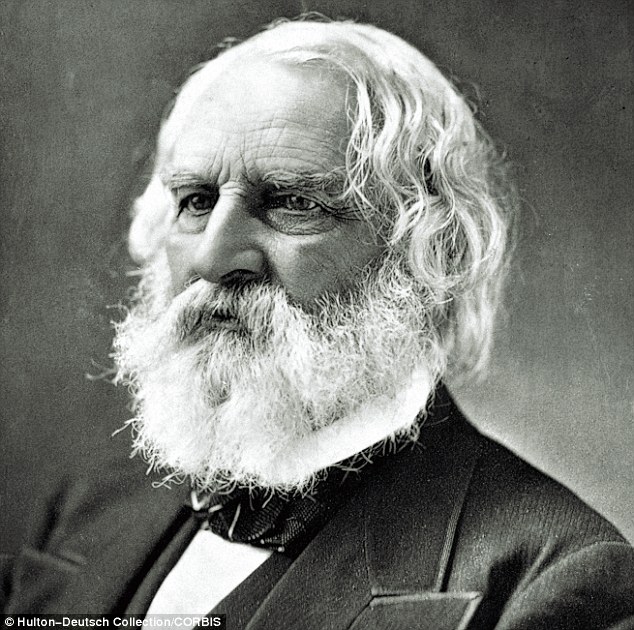Over the last three weeks we’ve been looking at all the background of the Christmas story. And we’ve discovered that this history of hope goes all the way back to the beginning of time when God created the heavens and the earth.
You see, God had set up the perfect system for the perfect life – He would be the source of everything mankind would ever need. He gave them life, He provided delicious food to eat, He gave them an amazing place to live, meaningful relationships, purpose in their work – everything they needed, He would provide.
And as their source, He would also be their authority. Of course, He certainly gave them incredible freedom – as well as authority and responsibilities of their own, but He was to be the ultimate authority. He was the one to determine right and wrong.
And that was God’s setup for the perfect life. As long as mankind looked to God as their source and as their authority, life would be amazing!
And it worked great! With this setup, Adam & Eve enjoyed life to the fullest as God intended it – and it was sweet. They had everything they wanted. Their relationship with God and with each was perfect and beautiful – Never any conflict or never any strife – it was exactly what you might describe as heaven.
But something happened. Sin happened. Adam & Eve rejected God as their source and as their authority and they took that role for themselves and as a result – everything fell apart. Their relationships with God and with each other was broken. The sweetness of life turned to bitterness and life on earth became painful and difficult. In fact, life for all of mankind has been a struggle ever since.
But of course, God had a plan. God knew this would happen even before He created the world, so all along, God had a plan. And this is what we’ve been looking at for the past three weeks – God’s plan to put things back to the way they were when He first created them.
And all along the way, we’ve seen that God has given us hints of His plan – He’s given several different people several different promises that all point to the same thing.
But in case you missed the previous three Sundays, let me give you just a quick summary of some of the promises that God had given to various people throughout the Old Testament:
- On week one, we learned how God promised Adam & Eve that one day, one of Eve’s descendants would crush Satan’s head and defeat sin and death for all time.
- On week two, we learned how God promised Abraham that one day, one of his descendants would be a blessing to every single family on earth.
- On week three, we learned that God promised King David that one day, one of his descendants would be King for all time.
And as we looked at some of the old testament prophecies, and then as we looked at the Christmas story as recorded in Luke, we came to realize that all these promises were fulfilled in the birth of Jesus Christ. He was the one that God had been promising for some 4000+ years. He was the one who would crush Satan’s head. He was the one who would be a blessing to every family on earth. He was the one who would be King forever.
And that’s what made that first Christmas such a big deal – its because finally, after years of hoping and waiting for God to fulfill his promises, finally, God’s own Son, Jesus Christ was born as a human being and He would make things right again.
But here’s the big question that we were left with last Sunday. If you look around at the world today – it doesn’t really seem like everything’s right again – does it? There’s still pain. There’s still suffering. Satan seems as active as ever. Sin is still around in bountiful supply. Our relationships with God and our relationships with each are far from perfect.
So… what happened? Did God’s plan fail? Did Jesus not accomplish everything He was supposed to do? Did we somehow misunderstand God’s promises? Or is it just that the story isn’t over yet? Well, that’s what we’re going to look at today.
In our progression through this History of Hope, we left off last week with the angel Gabriel declaring to Mary that she was about to have a baby. And perhaps you came here, on this last Sunday before Christmas, expecting to hear the story of the angels and the shepherds and the wiseman and the manger and all that good stuff.
But I’m guessing that you probably already know that part of the story and if you don’t, you can tune into our Christmas Eve Zoom party later this week and we’ll be reading through all that part of the story – complete with visual aids provided by all the kiddos! But this morning, I’m going to fast forward a little bit. I actually want to focus on what happened after Christmas – so for now, we’re going to skip the whole birth of Jesus part of the Christmas story.
I won’t spend much time talking about Jesus’ childhood either. In fact, apart from one incident from when He was about 12 years old, we don’t hear anything about Jesus until He was about 30. That was when He started doing all those miracles and teaching the crowds and training his disciples and doing all those things that you read about in Matthew, Mark, Luke and John. Most of what happens in the Gospels happens within a period of about three years when Jesus is probably in his early thirties. But that’s still not the part I want to focus on – let’s fast-forward just a little further.
Leave a Comment
